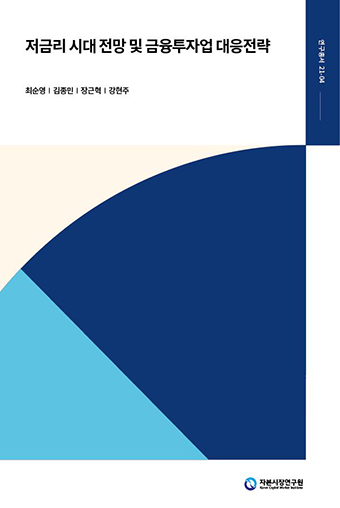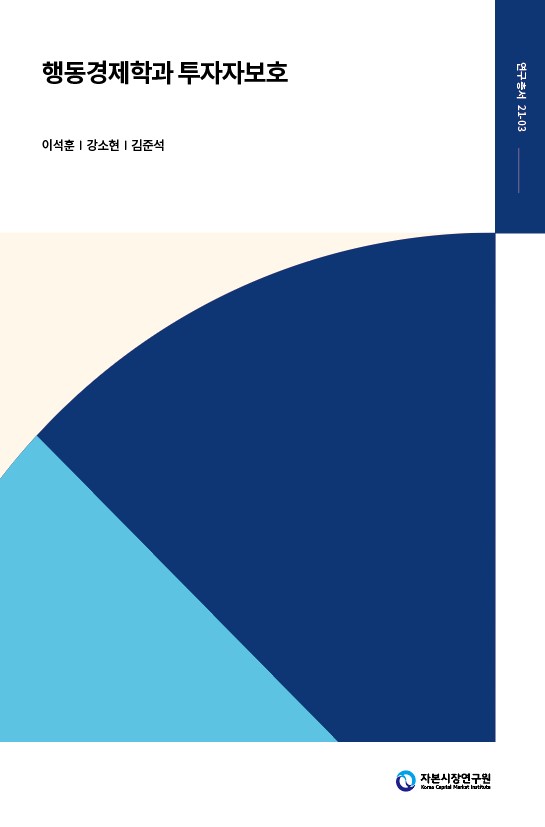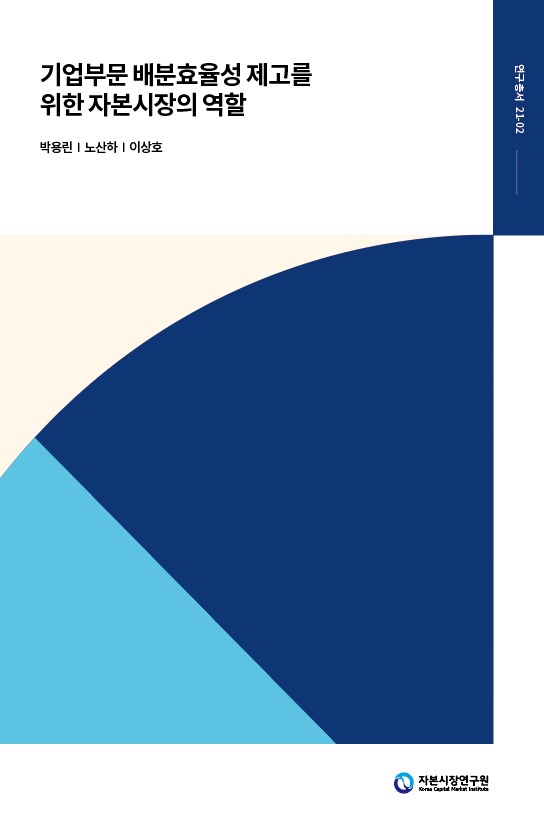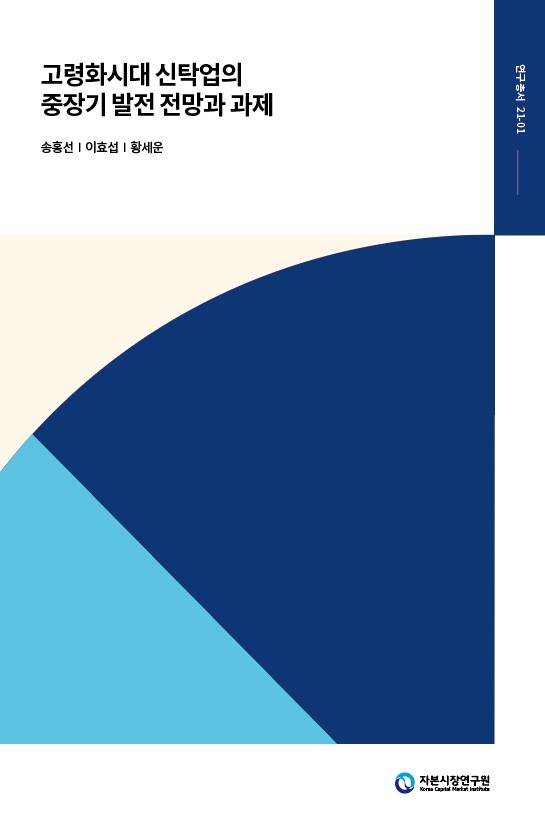Our Research Series offers you a comprehensive and systematic overview with multi-faceted theoretical
and empirical approaches to a focused theme for Korea’s financial industry and markets.
11 Results

Financial Services Industry Strategy in the Era of Ultra-low Interest Rates The major economies of the world have entered a stage of ultra-low interest rates. Since the 2008 Global Financial Crisis(GFC), long-term yields on government ...

Behavioral Economics and Investor Protection As households’ financial assets increase, more people are routinely exposed to the financial services, such as general consumer goods. In addition, the demand for financial services of...


Reshaping Korea’s Trust Service Industry in the Era of Rapid Aging This paper is purposed to come up with plans to develop Korea’s trust service industry, based on a comparative look at the regulatory framework across Korea...